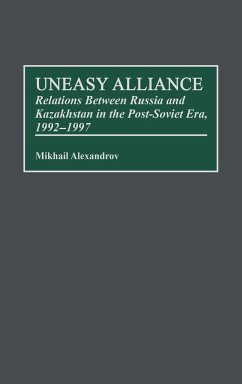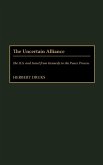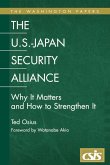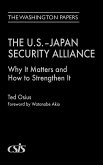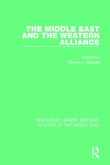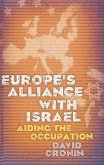Based on sources still unavailable in the West, this first English language study of Russian-Kazakh relations provides unorthodox interpretations of many events and introduces new concepts in analysis of contemporary relations. Because political thought found itself a little behind the rapid political change that engulfed the former USSR, a process of adjustment of concepts and development of new approaches is now underway. Examining the complex nature of Russian-Kazakh relations immediately prior to and after the collapse of the USSR, the book examines four major groups of issues in Russian-Kazakh relations: status of ethnic Russians in Kazakhstan; Kazakh and Russian attitudes to post-Soviet integration; bilateral military relations; and Russian and international competition for Kazakhstan's energy resources. Beginning with research on Gorbachev's time in office, the book analyzes the effect of Moscow's policies on Kazakhstan and the factors which propelled the republic to independence. Next, one sees how Kazakhstan and Russia tried to establish a new, post-imperial basis for their relations during the first six months after the break-up of the Soviet Union. Subsequent chapters move from historical to structural analysis. With his inside knowledge of the mechanisms of Russian foreign policy formulation, the author pays particular attention to such controversial problems as Kazakh policy in the creation of a nation and its effects on Kazakhstan's Russian population; the concept of Eurasian Union, Custom's Union, and other integration initiatives supported by Kazakhstan; Kazakh nuclear disarmament; the Caspian Pipeline Consortium; and the legal status of the Caspian Sea.
Hinweis: Dieser Artikel kann nur an eine deutsche Lieferadresse ausgeliefert werden.
Hinweis: Dieser Artikel kann nur an eine deutsche Lieferadresse ausgeliefert werden.

